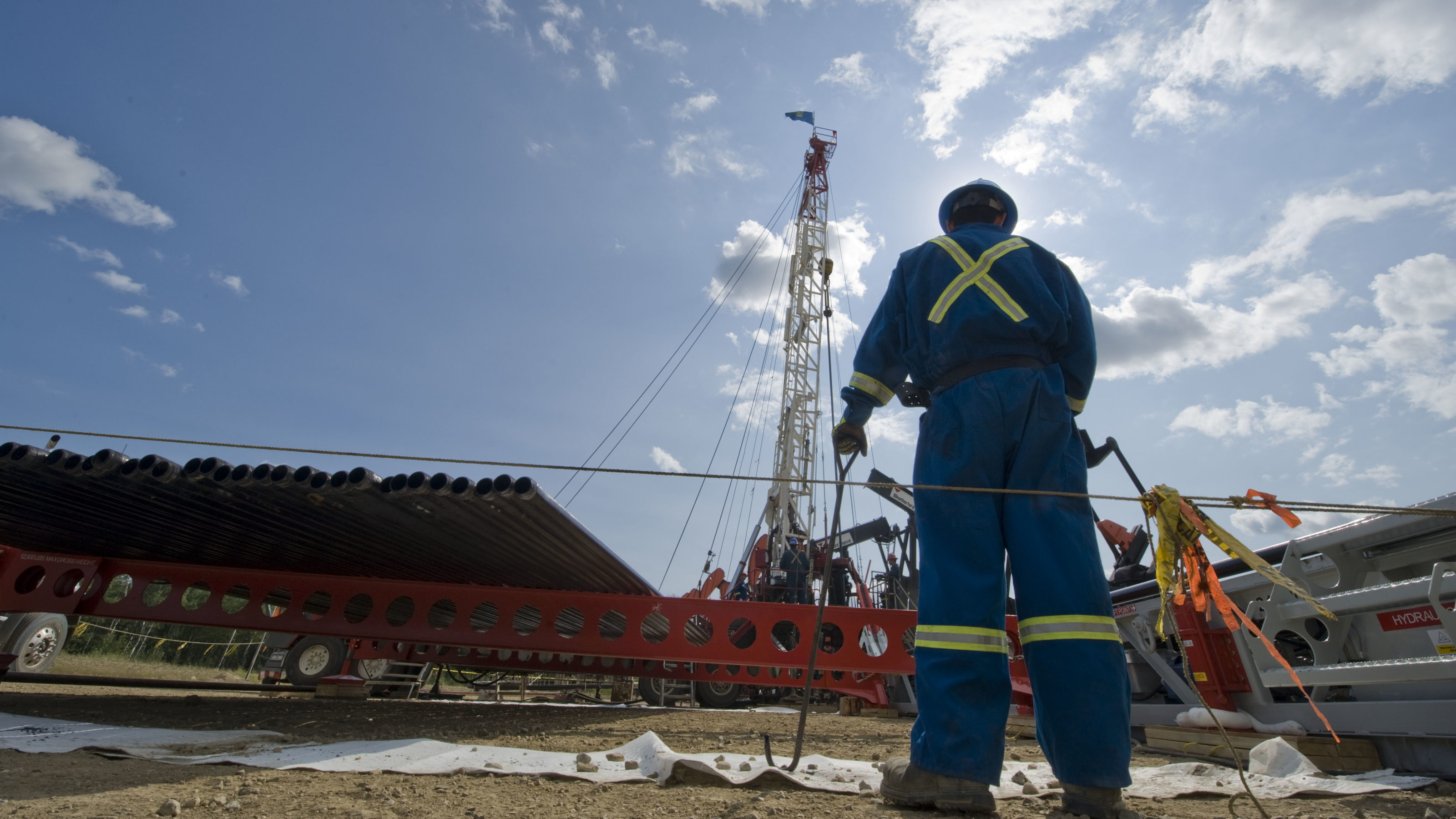Edmonton’s Parkland Institute knows everything, except when they don’t.
Parkland’s purpose is to explore “political economy” from the perspective that the private sector has grown too powerful in multiple ways. This is necessary because “…the image of Canada as a caring and sharing society can no longer be taken for granted.”
A document marking Parkland’s 20th anniversary reads, “The collapse of the post-war Keynesian consensus in the mid‑1970s was replaced by a new form of elite agreement based on notions of limited government, including a reduced welfare state, while giving more powers to the market through deregulation, privatization, and attacks on unions.”
So Parkland was founded in 1996, in part, “…to consider a larger, more thorough study of the (then Alberta Premier Ralph) Klein government’s radical policy agenda.”
Twenty-five years later Parkland turned its attention to the government funded expired oil well reclamation program created to sustain oilpatch jobs during the depths of the global pandemic. Released July 7, 2021, Parkland’s report was titled, Not Well Spent – A Review of the $1 Billion Funding to Clean up Alberta’s Inactive Oil Wells.
After governments halted domestic and international travel in March of 2020 to contain the spread of COVID-19, oil prices and demand collapsed. Producers were clobbered. Revenue from Canada’s oil and gas production plunged $50 billion from 2019 and capital expenditures declined by $14 billion. From January to May, Alberta shed 252,000 jobs in resources, construction and manufacturing.
On April 17, 2020, Ottawa announced a focused oil worker COVID-19 relief program through $1.7 billion in funding to clean up inactive oil and gas wells. Prime Minister Trudeau stated, “Our goal is to create immediate jobs …while helping these companies avoid bankruptcy, and supporting our environmental targets.” $1 billion went to Alberta, which created the Site Rehabilitation Program (SRP).
A year later Parkland wrote, “…it is difficult to assess the extent to which public funding is simply replacing what otherwise would have been industry spending. With this being said, the announcement of the SRP brought a near complete work stoppage in cleanup activity as companies awaited grant funding…”
What? Not the oil price collapse? In the real world, by April 17 producers had already stopped everything possible and laid off workers, cut salaries, slashed capital programs, postponed maintenance, and shut-in all high-cost production.
While acknowledging that it was the service contractors, not the well owners, that got the SRP funds, Parkland wrote, “However, public funds for cleanups that are the legal responsibility of producers do amount to displacement of corporate dollars that should have otherwise been spent on the activity, which violates the ‘polluter pays principle’.”
Ignoring all the data, Parkland concluded, “It is also uncertain as to whether many of these jobs would have existed without the program since there are legal obligations for producers to be conducting cleanup work outside of public funding.”
Be assured that for an industry in survival mode, all non-essential spending had been cancelled before Ottawa’s cash was announced. Well cleanups were only one of many expenditures slashed as producers struggled to preserve jobs and remain solvent. That oil prices would ever again reach US$60 a barrel was unknown until it occurred in February of 2021. Many pundits predicted that oil would never recover.
Parkland wrote that Canadian Natural Resources Limited had received the most benefit, $100 million. But only its oil service providers and their workers got any cash. A newswireservice story distributed nationally incorrectly reported, “Almost one-quarter of the $800 million that has so far been distributed went to just five companies…One of them, Canadian Natural Resources Limited, got more than $100 million. CNRL is a profitable company that recently beat analysts’ revenue and dividend forecasts.”
But Canadian Natural was also clobbered by the oil price collapse. In the six-months ended June 30, 2020, the company reported a $1.6 billion loss compared to a $3.8 billion profit in 2019. That’s a $5.4 billion negative swing. What matters in fairly evaluating the SRP is what was going on in the industry a year ago, not today.
The newswire story troubled many readers who thought that the well closure funds were meant to go to oil service contractors. Which they did. The article also neglected to mention that the $1.7 billion was a targeted oilfield service worker COVID relief program.
And it’s working. Parkland admitted Alberta’s SRP is on track to meet 90 per cent of its stated job targets.
The report’s author was interviewed for the article and said, “It’s hard to say because the data is so limited. But what I did find is highly, highly suggestive that this funding simply was just replacing the money that would have otherwise been spent by these oil and gas producers.”
So Parkland released its report.
It concluded, “…the degree to which public funds are being utilized for the public benefit with the SRP is proving to be poor.” Governments should ensure that “…when public programs are utilized, programs are designed in way that prioritize the public good over the oil and gas industry.”
At the Parkland Institute, keeping small town oil service workers employed, saving their employers from bankruptcy and doing environmental reclamation that would not otherwise be done during the depths of the COVID-19 pandemic are clearly not in the public good.
David Yager is a Calgary oil service executive, writer, author and energy policy analyst. He is the President and CEO of Winterhawk Well Abandonment Ltd.
The unaltered reproduction of this content is free of charge with attribution to Canadian Energy Centre Ltd.
